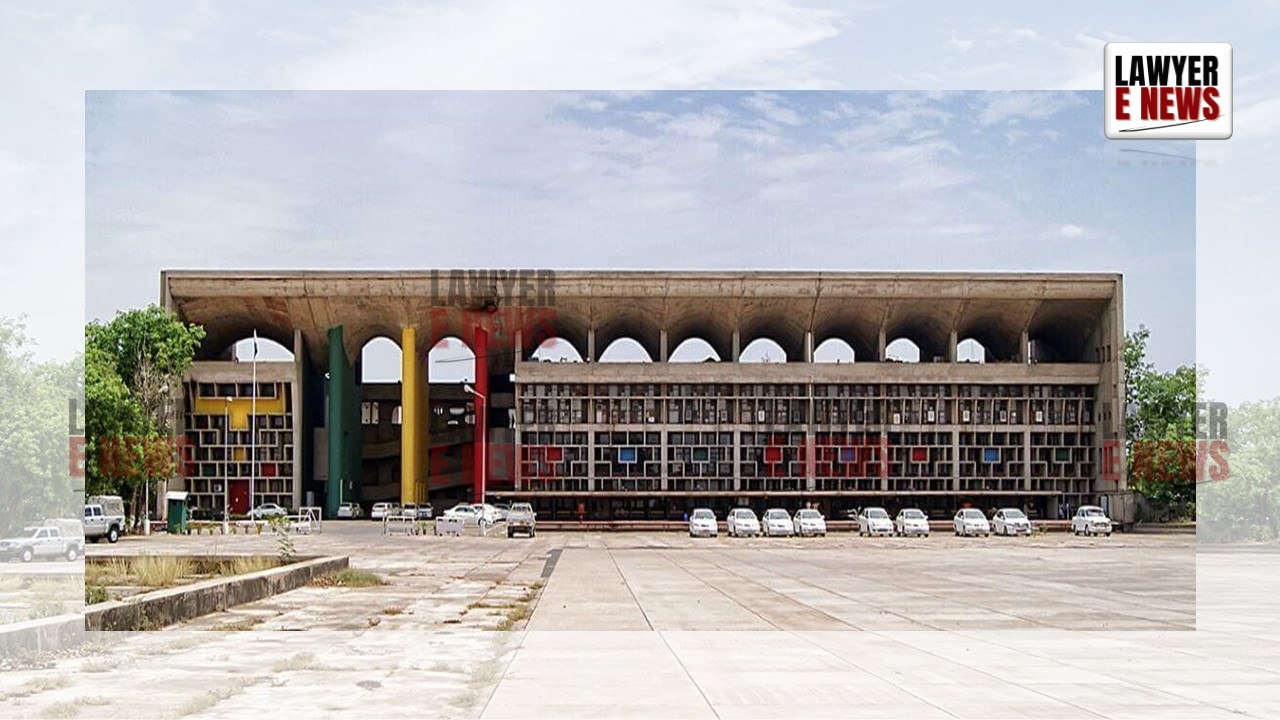-
by Admin
15 February 2026 5:35 AM



On October 3, 2024, in Pardeep Bhatti v. State of Punjab, the Punjab and Haryana High Court granted bail to Pardeep Bhatti, who had been in custody for over two years under charges related to the Unlawful Activities (Prevention) Act, 1967 (UAPA) and other offenses. The court invoked Article 21 of the Constitution, which protects the right to life and personal liberty, and noted that the prolonged delay in trial justified granting bail despite stringent conditions under the UAPA.
Bhatti was arrested on November 8, 2021, in connection with an explosion at Nawanshahr, Punjab. He was charged with harboring co-accused and aiding in the crime, but no direct involvement at the crime scene or recovery of incriminating material was established. Bhatti had been in custody for over two years and five months, and only 12 out of 50 prosecution witnesses had been examined, with no clear end to the trial in sight.
Prolonged Pre-Trial Detention: The court emphasized that Bhatti’s long incarceration and the slow pace of the trial infringed on his fundamental right to a speedy trial under Article 21. Given that only a fraction of the witnesses had been examined, the court found it unreasonable to keep Bhatti detained indefinitely.
No Direct Evidence: The court noted that Bhatti was not present at the crime scene, and no incriminating material like explosives or dubious financial transactions was linked to him. His alleged involvement was based primarily on secret information and his association with the co-accused.
Supreme Court Precedents: Citing several Supreme Court rulings, including Union of India v. K.A. Najeeb, the court reaffirmed that long custody without trial conclusion could warrant bail even under stringent laws like UAPA. The court stressed that denying bail solely on the seriousness of the charges would violate Bhatti's constitutional rights.
The High Court allowed the appeal, granting Bhatti regular bail subject to stringent conditions, including furnishing a bond of ₹1 lakh, surrendering his passport, and refraining from influencing witnesses. The court made it clear that any violation of these conditions could result in the cancellation of bail.
This ruling highlights the judiciary’s duty to balance national security concerns with the accused's fundamental rights. The court’s decision underscores that prolonged pre-trial detention, especially in cases with no direct evidence, violates the constitutional right to liberty and justifies the grant of bail.
Date of Decision: October 3, 2024
Pardeep Bhatti v. State of Punjab.
